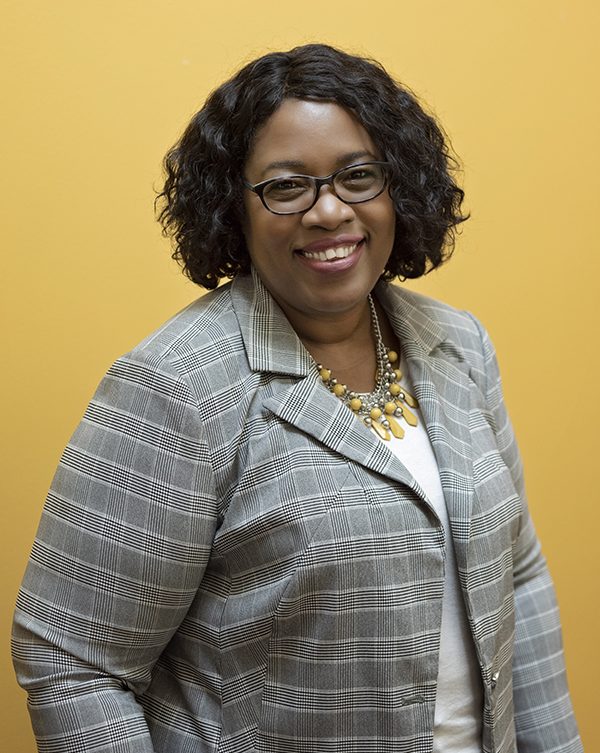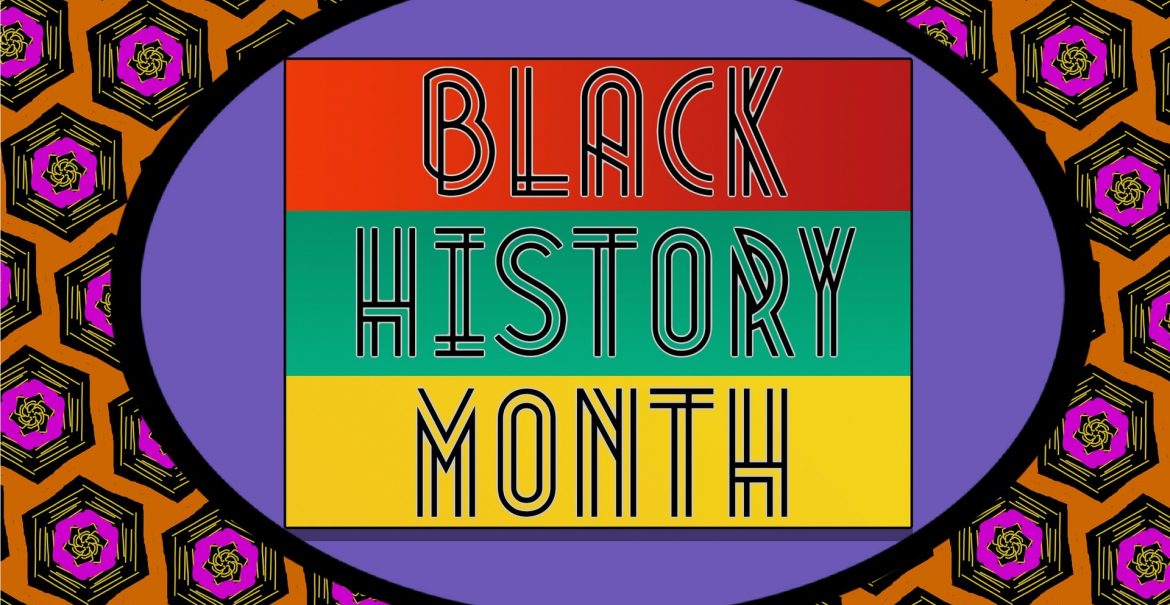02 Feb 2021 |

Over the past 50 years, February has been recognized as Black History Month. Originally proposed by historian Carter G. Woodson, the goal is to celebrate and honor the achievements and contributions of Black people in the United States. I celebrate and acknowledge Black History all year because it’s my lived experience as a Black woman.
I’ve been reflecting on how the Black experience in this country has too often been minimized or unseen. While our educational system tends to focus on teaching Black history only in the context of slavery and the civil rights movement, Black history *is* American history. And that history is so much deeper than just the generational trauma of slavery and the struggles of the civil rights movement. It encompasses powerful and highly-developed civilizations in pre-colonial Africa, as well as so many leaders, inventors, writers, scientists, philosophers, musicians, artists, and activists who shaped our past and are influencing our present and future.
We do our students a disservice if we fail to teach them about the incredibly rich past and present of the Black and African-American experience in the U.S. We have a moral responsibility to ensure they understand the full complexity of that experience and not just the stereotypes.
Not only does our society dismiss Black history, but our news media and cultural narratives focus on Black trauma and negative stereotypes. We can’t bury our heads in the sand and ignore the killings of George Floyd, Ahmaud Arbery, and Breonna Taylor (to name just a few). It’s impossible to pretend that white supremacists haven’t been emboldened to do harm to Black people in recent years. We also can’t gloss over the fact that we’re living through a pandemic that is disproportionately killing Black people in the U.S. But at the same time, focusing solely on those traumas further marginalizes the Black experience.
Launch’s programs are rooted in the idea that learning should be fun and joyful. Part of joyful learning is ensuring students have opportunities to participate in activities that connect with their interests, cultures, and lived experiences. For our Black students, this means celebrating Black excellence and Black joy, and making sure they feel seen, heard, valued, and respected at Launch.
Our Black students live in a culture and participate in an educational system that can be dismissive at best and actively harmful at worst. Celebrating Black joy and the fullness of Black lives is a powerful act of resistance against the negative stereotypes and experiences that children encounter.
As Chante Joseph wrote last summer,
“To resist the omnipresent, intrusive and pervasive nature of white supremacy, we must also allow ourselves to be rebelliously joyous. Where society has told us to “be quiet”, and that we’re “too loud” and “too different”, it is an act of resistance to revel in the joy that they have spent much of history trying to take away from us.”
This month (and throughout the year), Launch students will celebrate Black joy. Our teachers are creating lesson plans that include Black history, celebrate diversity, challenge implicit bias, and draw from literature by Black authors and featuring Black main characters. We want our students, particularly our Black students who may feel dismissed or not valued by the educational system in this country, to see themselves reflected in the curriculum, feel supported and encouraged by Launch teachers, and truly believe they can accomplish anything they set their minds and hearts to achieve.
The past 12 months have been challenging for all of us between the pandemic, the racial uprising, the election, and the January 6th insurrection, but the inherent kindness, empathy, intelligence, and strength of Launch children and families fills me with the energy to do this work and fight to ensure they have equitable access to all the best our communities, our nation and our world have to offer.
In partnership,
Angela Griffin, Executive Director
Black History Month Resources
- National Museum of African American History & Culture’s Black History Month Resources and Joyful Fridays virtual events
- 30 Books for Young Readers That Celebrate Black Joy
- Black Lives Matter Book List for Elementary Students
- 26 Children’s Books That Celebrate Black History
- 28 Black History Month Resources for Kids of All Ages
- Black Past
- MOHAI & The WA Black History Association: When History Is Your Story virtual event (audience: teens & adults), February 24 at 6:30pm
- Black Lives Matter at School Week: Lessons for Early Childhood and Elementary
- Black Lives Matter Activities and Coloring Book
- Kid-Friendly Version of the 13 Guiding Principles of Black Lives Matter
- Black History Month Lessons & Resources
- The Conscious Kid Resources
- Talking About Race with Kids for Families/Caregivers




